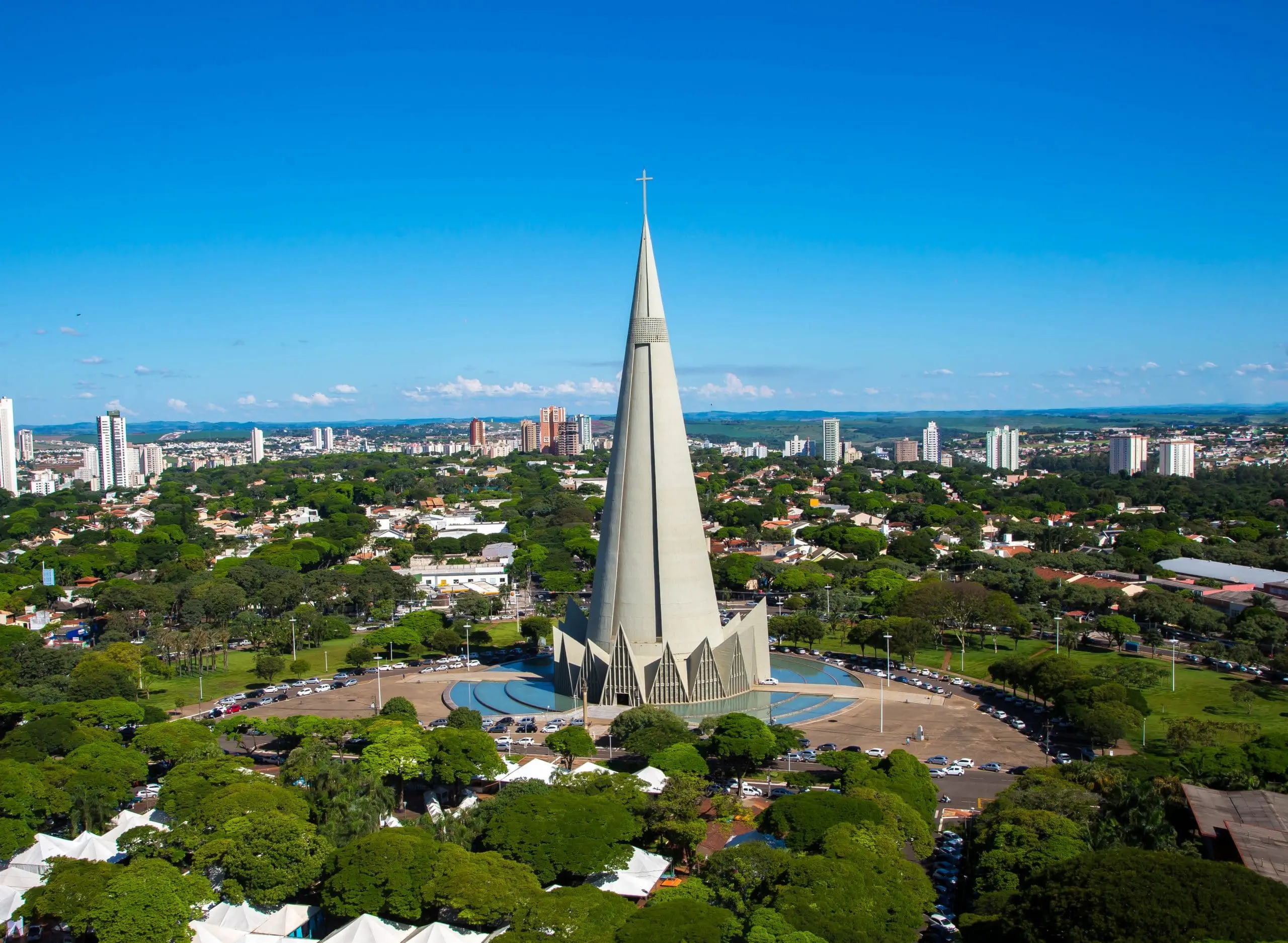According to a 2024 survey by the Trata Brasil Institute, the city of Maringá, in Paraná, leads Brazil in sanitation.
São José do Rio Preto and Campinas, both in São Paulo, follow closely behind.
The study, released on March 20, 2024, identifies the lowest scores in the North, including Porto Velho, Macapá, and Santarém.
The survey’s 16th edition examined the 100 largest cities using data from 2022 provided by the National Sanitation Information System.
It was found that nearly 32 million people lack access to clean water, and 90 million lack sewage services.
This significant shortfall leads to health crises as waterborne diseases affect many individuals.
In particular, five capitals in the North and three in the Northeast treat less than 35% of their sewage.
This alarming statistic becomes a focal point during municipal elections, underscoring the urgent need for improvements in basic sanitation services.
Maringá, São José do Rio Preto, and Campinas achieved the highest scores, reaching full sanitation service levels for the first time.
A city achieves this status when 99% of its population has access to treated water and 90% benefits from sewage collection and treatment.
The study shows a clear correlation between financial investments and sanitation improvements.
The top 20 cities invested an average of R$201.47 ($40.29) per capita annually from 2018 to 2022, which is 13% below the national average required for complete service universalization.
These municipalities, already near or at their goals, demonstrate that strategic investments lead to significant progress.
Level of investment
Conversely, the bottom 20 cities invested only R$73.85 ($14.77) per capita each year, 68% below the necessary average for achieving universal sanitation services.
This low level of investment significantly hampers their ability to meet essential sanitation objectives.
The Trata Brasil Institute’s analysis shows that sanitation investment is key to Brazil’s urban well-being.
It stresses that ongoing funding is vital for universal clean water and sewage, leading to a healthier, more sustainable future for Brazilians.
Download the study here.


